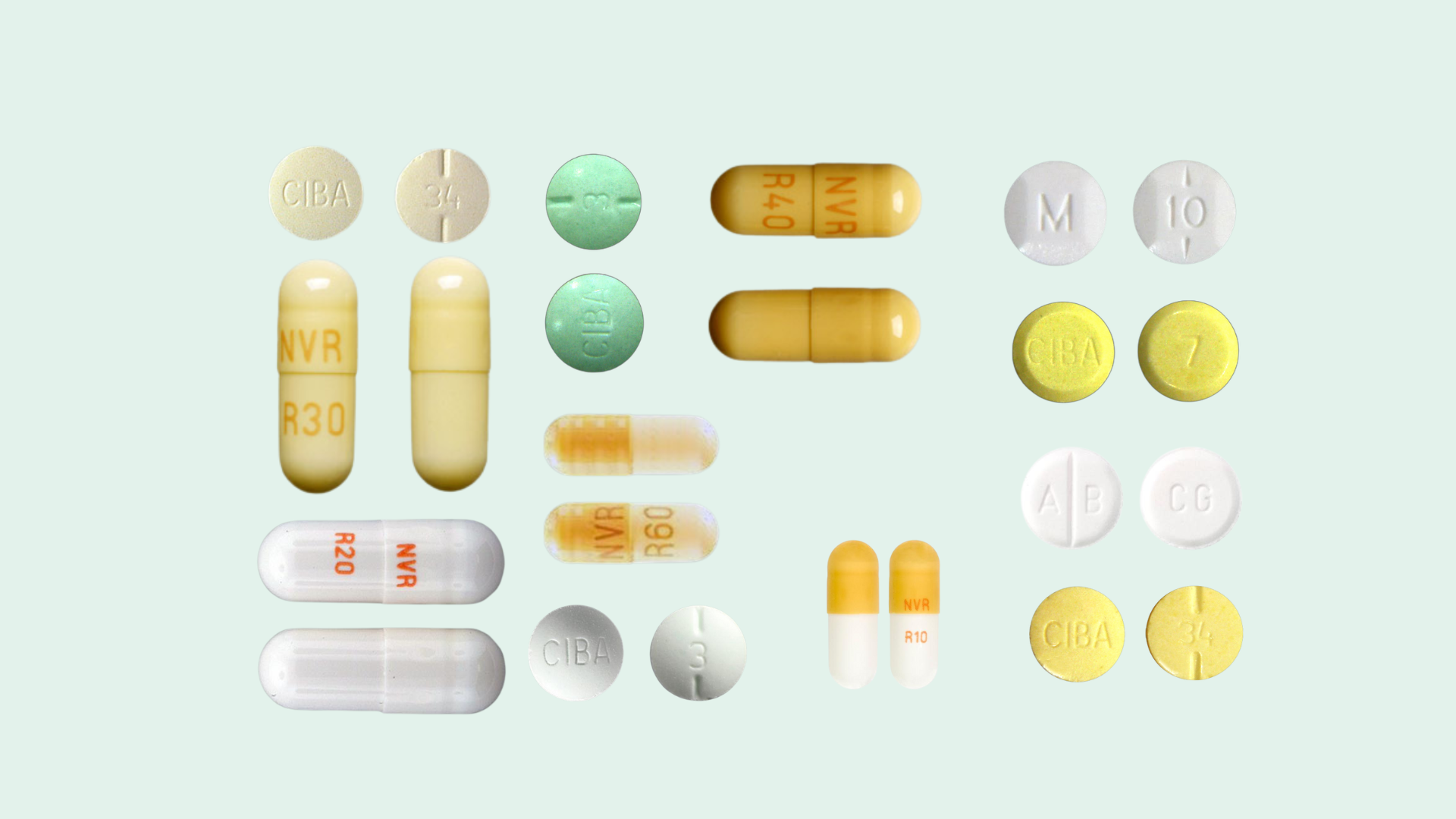Ritalin Withdrawal and Side Effects
Withdrawal symptoms will appear when a person becomes accustomed to the presence of Ritalin in the body and the absence of the drug makes it difficult to function. The severity and duration of withdrawal symptoms will vary based on a person’s health, the dosage and duration of medication use and whether other substances are being used.
Some common withdrawal symptoms include:
- Depression
- Mood swings
- Fatigue
- Increased appetite
- Sleep disturbances
- Cravings for the medication
- Anxiety
- Restlessness
Withdrawal from Ritalin should be done gradually with medical supervision, support and a treatment plan.
Ritalin Withdrawal Timeline
The withdrawal timeline from Ritalin can vary based on the individual’s circumstances, but symptoms usually begin within a few hours from the last dose.
- Early withdrawal symptoms: Symptoms begin within a few hours to a day after the last dose. Fatigue and increased appetite are common.
- Acute withdrawal symptoms: Symptoms typically peak between three and seven days from the last dose. During this period, there can be mood changes, cravings and sleep disturbances.
- Late withdrawal: One to two weeks after the last dose, symptoms usually begin to subside. Some symptoms such as cravings and depression will continue during this time.
Ritalin Detox Treatment
The dangers of withdrawal make it crucial for detoxification to be done in a medically supervised setting. Creating a secure foundation for recovery and considering the physical and psychological aspects of addiction will be part of the plan for long-term recovery.
Detox is a process of gradually reducing medication and carefully managing withdrawal symptoms. Medical supervision is essential, especially for those who have co-occurring mental health issues or a history of abuse. Detox and subsequent treatment will include psychological support, therapy, counseling and creation of a plan to support sobriety. Learning ways to manage cravings and avoid triggers is part of treatment along with improving nutrition, getting regular exercise and established good sleep habits.
What Happens Next?
Once detox has been successfully completed, the recovery journey continues. The challenges of treatment can be met with the assistance of a dedicated support system – therapy, counseling, and a comprehensive treatment plan that meets an individual’s needs.
In addition to therapy and counseling, you will find encouragement in support groups where you can get encouragement from others in similar situations. Learning holistic ways to reduce stress, find relaxation, improve sleep pattern and balance nutrition will be helpful tools in recovery. Find a new hobby or new interest, volunteer or learn something new. Stay updated and be prepared for what might come your way by learning to identify triggers and create coping mechanisms to avoid them.
Your participation is the most important part of this journey and seeking help is a courageous step in the process. Remember that your recovery journey will continue once treatment ends. You can face the challenges that may come your way when you embrace your new way of living!
This website offers educational information and self-help tools for your personal use. However, everyone’s health needs are unique. To make the best and safest decisions for yourself, please consult with a doctor or licensed professional.

